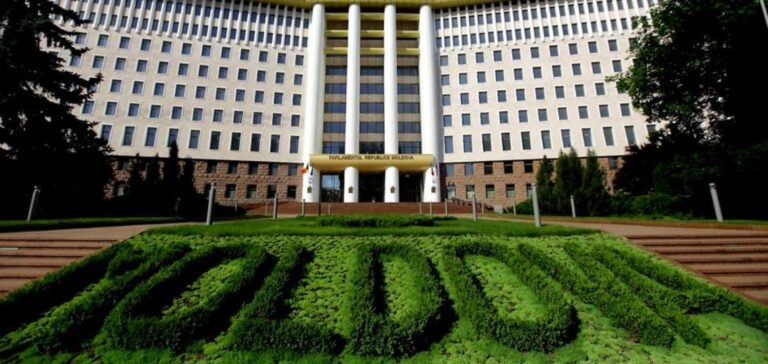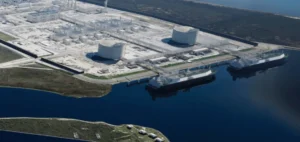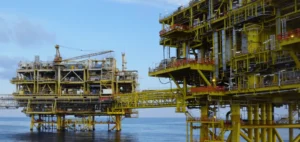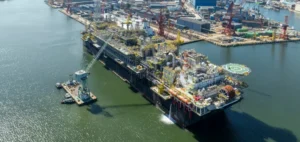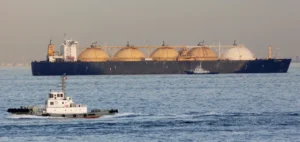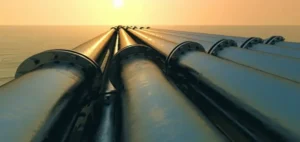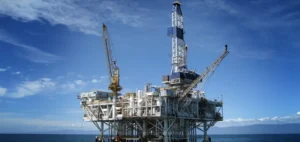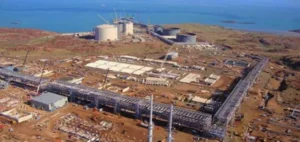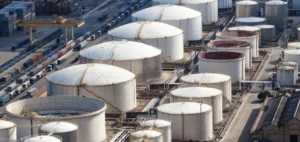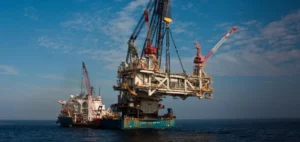The energy crisis in Transnistria has taken a new turn as tensions between Chisinau and the separatist authorities escalate. The European Union announced emergency aid of 30 million euros to provide gas and ensure access to electricity and heating for the region’s residents. However, discussions between the various parties have not reached a consensus on how the resources should be allocated.
A Stalemate on the Allocation of Funds
During a meeting between Moldovan, European, and Transnistrian representatives, Vadim Krasnosselski, leader of Transnistria, expressed dissatisfaction with Chisinau’s stance. According to him, Moldova questioned the direct allocation of gas to Transnistrian energy infrastructure. Instead, he claims, the separatists were offered an electricity supply from unspecified sources—an alternative deemed insufficient to meet the immediate needs of the population.
A Growing Energy Emergency
Since the cessation of Russian gas deliveries on January 1, Transnistria has faced severe disruptions. Power outages, as well as a lack of hot water and heating, have affected hundreds of thousands of residents. Krasnosselski emphasized the urgency of the situation, stating that the available gas reserves could only sustain critical infrastructure and households for a few more days.
A Tense Geopolitical Context
The energy conflict fits into a broader context of tensions between Moldova and Transnistria. Since the end of the Soviet Union, the region, supported by Moscow, has remained outside Chisinau’s control. For decades, Transnistria benefited from free gas deliveries through the Russian giant Gazprom, a situation that changed with the termination of the transit contract between Moscow and Kiev. Gazprom’s refusal to route gas through other channels, due to a financial dispute with Moldova, has intensified the crisis.
Uncertainties Surrounding the Implementation of Aid
In light of these obstacles, the implementation of European aid remains unclear. Transnistrian authorities are urging Brussels to ensure the swift and concrete delivery of the program. They emphasize the need for direct distribution of resources to meet the urgent energy needs. Moldova, on the other hand, remains cautious, ensuring that the assistance is carefully managed while safeguarding its own energy supplies.
As winter progresses, the situation in Transnistria remains critical, and the handling of European aid could have significant implications for relations between Chisinau, Brussels, and Moscow.

